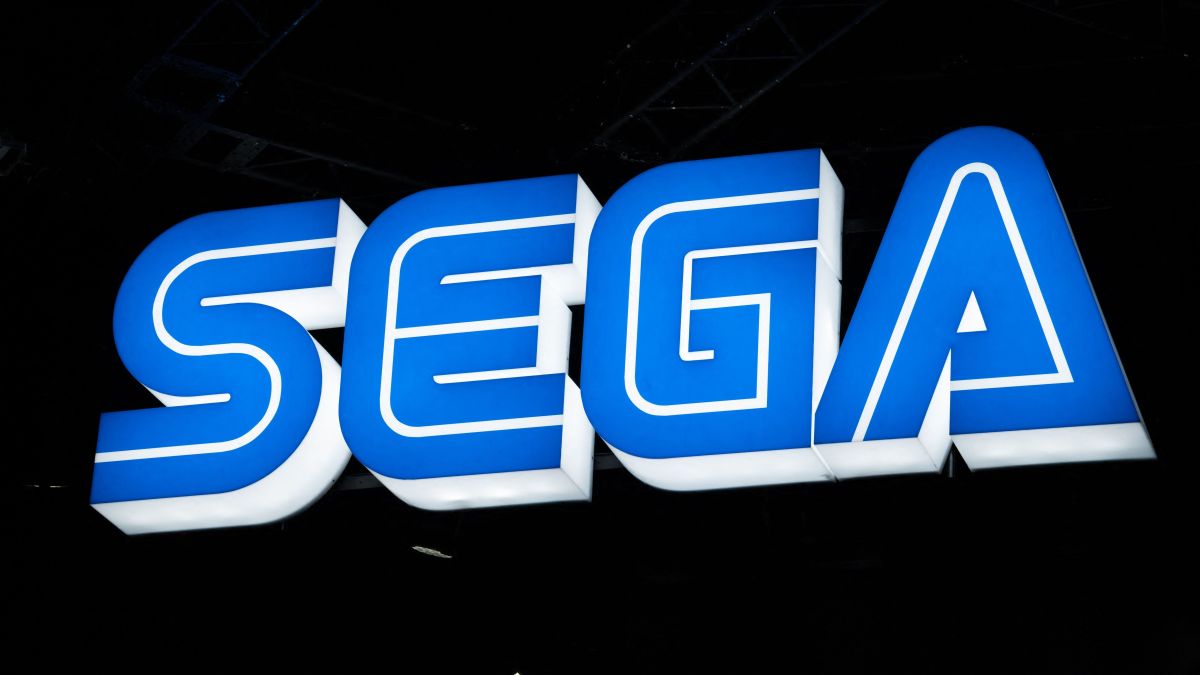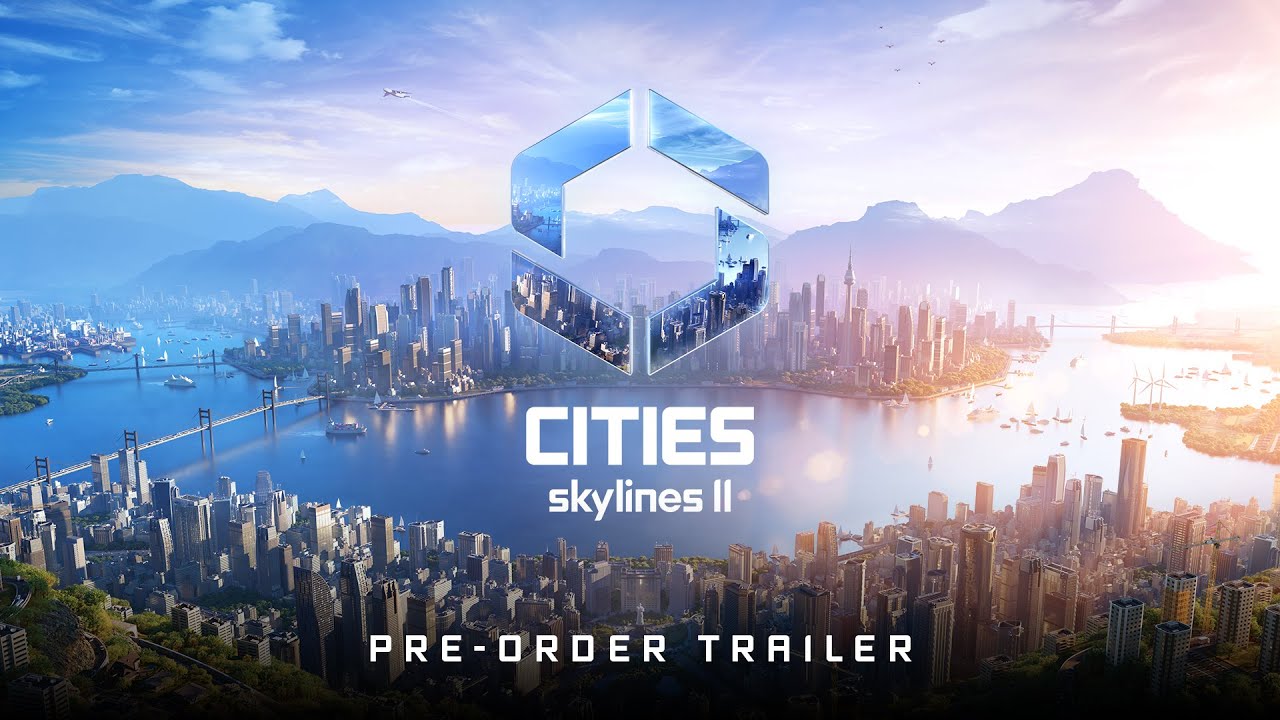

I love the idea, but I can’t see it actually working. Developers would just sell even more games as subscriptions instead of selling licenses, regardless of any interactive online content or lack thereof. (Think of EA’s 2013 release of SimCity with always-on DRM, for example.) Then when they want to shut their servers down, they just stop selling subscriptions and wait until the last one expires.








A true champion of free speech. 🙄